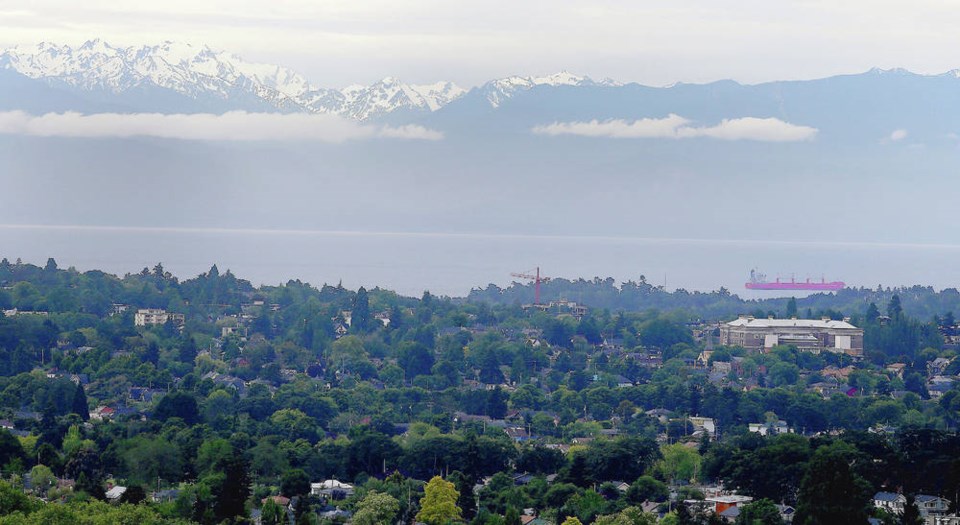Last week, I provided an overview of Prof. Partha Dasgupta’s report for the U.K. Treasury on the economics of biodiversity and the value of nature. This week, I want to share his proposals for change and relate them to several important current issues.
Professor Dasgupta’s first message is simple: “Our economies, livelihoods and well-being all depend on our most precious asset: Nature.” So what would it mean to actually recognize this and incorporate nature into our economies and societies?
Not surprisingly, as an economist, he believes the solution “starts with understanding and accepting a simple truth: our economies are embedded within Nature, not external to it.” A number of important implications flow from this, one of which is that we need to change the way we measure what we do.
Today, our primary measure of economic success is the GDP. But since it “does not account for the depreciation of assets, including the natural environment,” Dasgupta writes, “it therefore encourages us to pursue unsustainable economic growth and development.”
So we need to replace the GDP with a more meaningful measure, such as the Canadian Index of Wellbeing, the Genuine Progress Indicator or some other measure of inclusive or comprehensive wealth.
sa���ʴ�ý’s NDP government was supposed to have been developing a report on replacing the GDP in sa���ʴ�ý as part of their agreement with the Green Party. The report is long overdue and seems to have stalled. Premier John Horgan and Finance Minister Selina Robinson need to read the Dasgupta Review and make this a priority.
A related issue, also a hot topic in sa���ʴ�ý, concerns subsidies. Because we do not have to pay for many of our biosphere’s services, Professor Dasgupta explains, they are, in effect, free. In fact, he goes on to say, it is even worse than that: “Governments almost everywhere amplify adverse environmental externalities by paying people more to exploit the biosphere than they do to protect it,” through subsidies to various resource use and extraction industries, including agriculture and fossil fuels.
So we need to remove these “perverse subsidies,” which amount to about $500 billion US globally. Moreover, he points out, “it has been estimated that to protect 30 per cent of the world’s land and ocean … by 2030 would require an average investment of $140 billion US annually” — so transferring less than one third of those subsidies to ecosystem protection would not only protect but would restore nature.
In fact, Dasgupta notes, “as part of fiscal stimulus packages in the wake of COVID-19, investment in natural capital has the potential for quick returns.” This fits well with the calls from many quarters for a green, healthy and just recovery, a “Green New Deal”; all these ideas should be incorporated in federal and provincial “build back better” budgets currently under consideration.
But if all this is to come to pass, we also need profound changes in our institutions and in the core values that underpin our society and drive our economy. So it is encouraging that Dasgupta has an entire section in his report on education, and another on the sacred in nature.
Throughout his report, Dasgupta repeatedly refers to our attitude, rooted also in our economics, that we are detached from nature, not embedded within it. This he attributes to our separation from nature, especially as a result of urbanization. So he proposes: “Every child in every country is owed the teaching of natural history, to be introduced to the awe and wonder of the natural world, to appreciate how it contributes to our lives.”
But, he adds, “connecting with Nature needs to be woven throughout our lives.” Part of that is to recognize that nature has intrinsic worth. “Many people, perhaps in all societies, locate the sacred in Nature,” he notes, suggesting “Nature’s transcendence gives it a value that is independent of us.”
And he ends on a note of optimism, suggesting that if we have been smart and powerful enough to cause so much harm to nature so quickly, surely we can use that same ingenuity “to bring about transformative change, perhaps even in just as short a time. We and our descendants deserve nothing less.”
Dr. Trevor Hancock is a retired professor and senior scholar at the University of Victoria’s School of Public Health and Social Policy.



